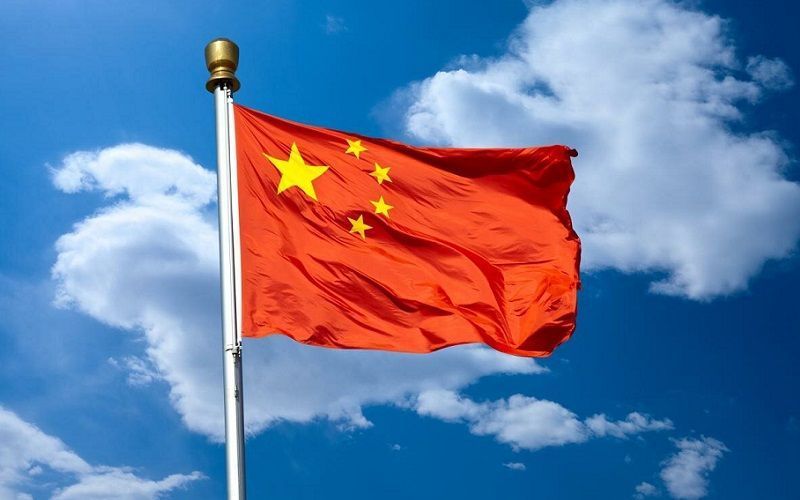China Officially Bans Production of Reconstituted Drinking Milk

China officially banned the use of reconstituted milk in the production of sterilized milk under the latest revision of its national food safety standards.
China has approved new food safety standards that will ban the production of drinking milk from dry milk powder from September 19, 2025. From then on, only raw milk will be allowed to be used to make sterilized milk.
The innovation is intended to increase the level of control over the quality of dairy products and support domestic producers.
Reconstituted milk, also known as recombined milk, refers to a milk emulsion made by mixing dry dairy products with water in specific proportions.
“Put simply, it’s just milk powder mixed with water,” said an expert. The expert noted that the revisions align with both industry demands and consumer expectations for higher-quality dairy products
The ban on reconstituted milk is also expected to drive up demand for raw milk. Since sterilized milk will be made directly from raw milk — naturally rich in bioactive nutrients — it is expected the move will improve both the nutritional value and taste of the final product.
The decision became part of the updated regulatory framework, including 50 new standards and nine amendments approved as part of the state food security strategy. Previously, similar restrictions were already in force in the EU, Japan, and were also supported by the WHO and the UN FAO.
Powdered milk is also the second most frequently adulterated product in the world after olive oil. In the history of the food industry, there have been cases of adding urea, formalin, alkalis, acids and melamine to imitate full-fledged milk.
The ban in China may significantly change the structure of international trade in dairy products. According to analysts, exporting countries, primarily New Zealand and the EU, will be forced to redistribute supplies of powdered milk and adapt product lines to the new rules.
In the United States, reconstituted milk may only be used for sterilized milk production in regions with limited milk supply.
China remains the largest consumer and importer of dairy products in the world. Tighter standards are expected to reduce demand for imported milk powder, increase the share of domestic whole milk production and affect global price trends in the sector.
